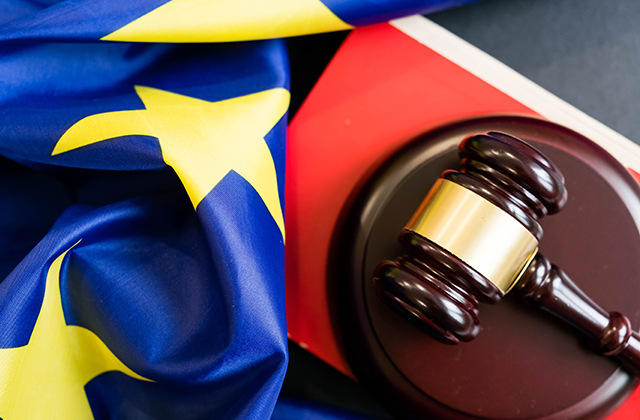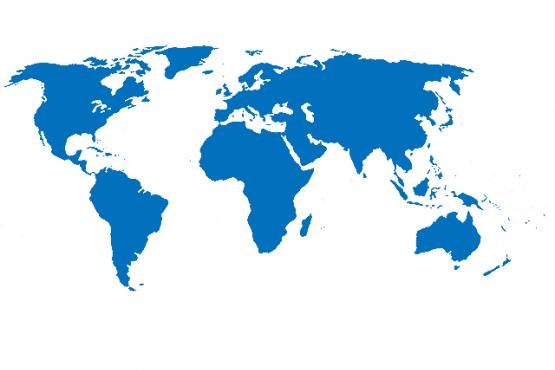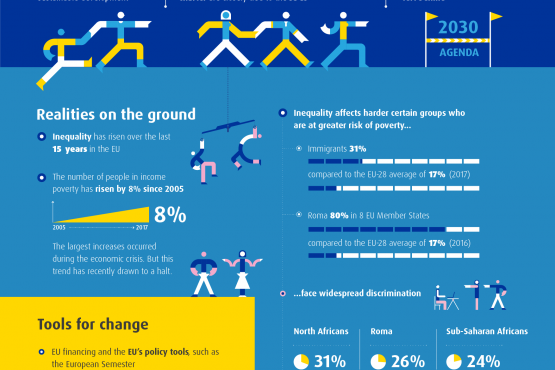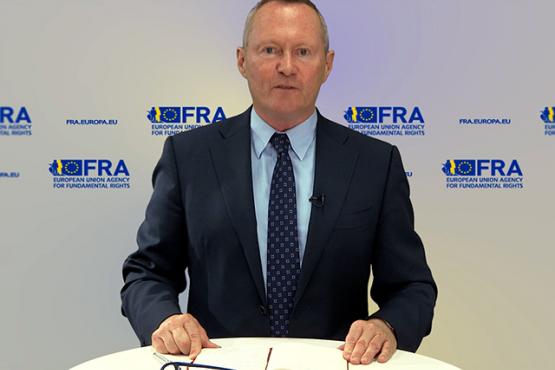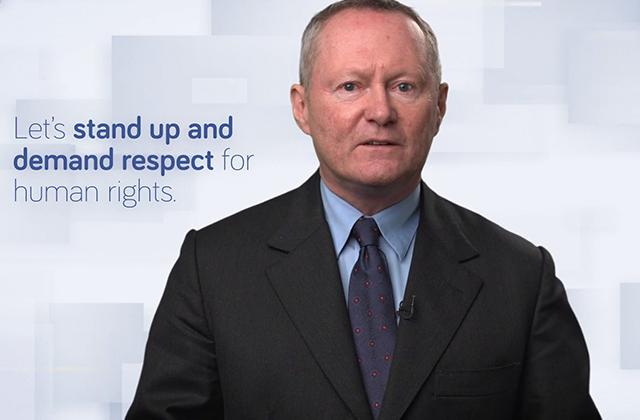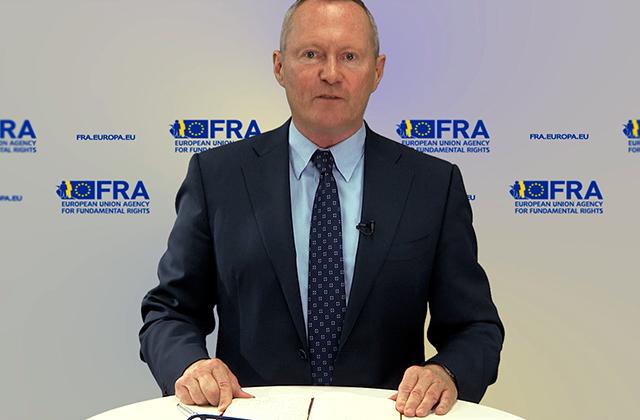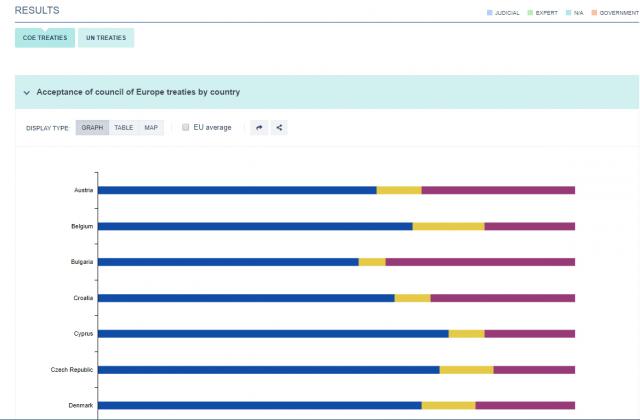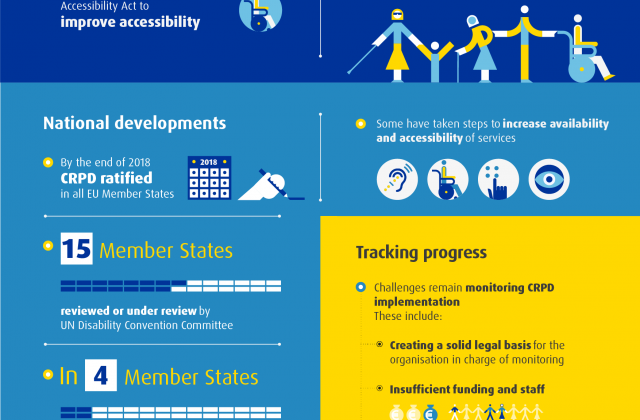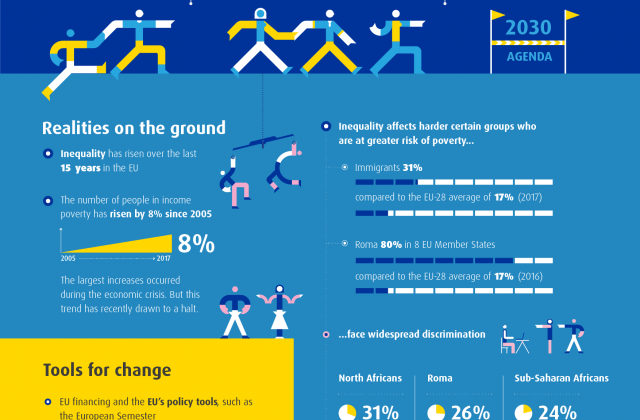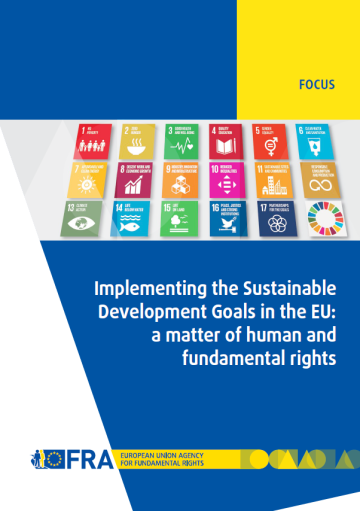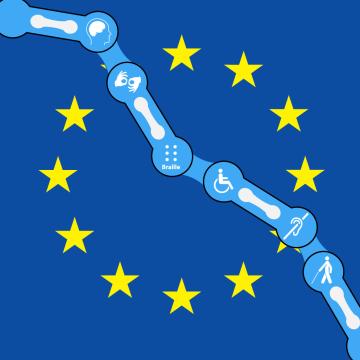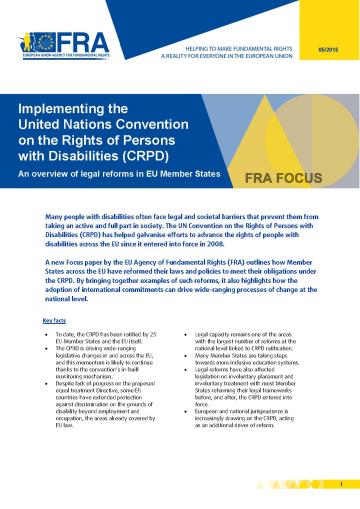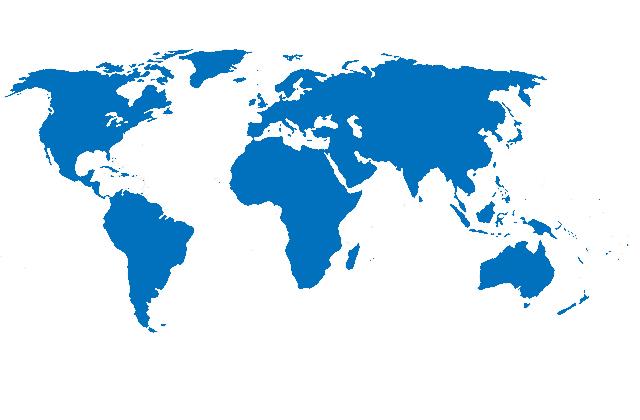Inter-governmental human rights systems
Highlights
- Report / Paper / Summary12December2025As the EU prepares to join the European Convention on Human Rights (ECHR), this report outlines the main changes that accession would bring, offering an overview of the legal and operational implications. Presented in a Q&A format, it provides answers to 19 key questions for legal professionals and a broader audience. It describes the steps needed to conclude accession, the expected benefits for protecting rights, and some of the challenges that may come up. This legal analysis contributes to the current discussions on EU accession.
- PageThe Agency cooperates with the United Nations (UN), the Organization for Security and Co-operation in Europe (OSCE), the Council of Europe and other international organisations. This cooperation forms part of FRA's Founding Regulation and includes expert consultations, conferences and seminars as well as data and information sharing. Cooperation creates synergies and optimises resources so duplication of work is avoided. It also helps ensure the different organisations’ work complements each other, so that recommendations and advice are more aligned.
- InfographicFundamental Rights Report 2019: Implementing fundamental and human rights helps create a sustainable future.
Here the EU plays a key role. - VideoThis video statement by FRA Director Michael O’Flaherty was recorded for the e-conference "70 years of the European Convention on Human Rights and Fundamental Freedoms: challenges and prospects".

